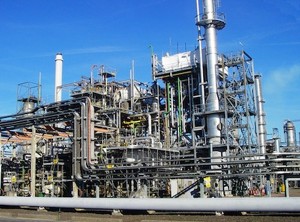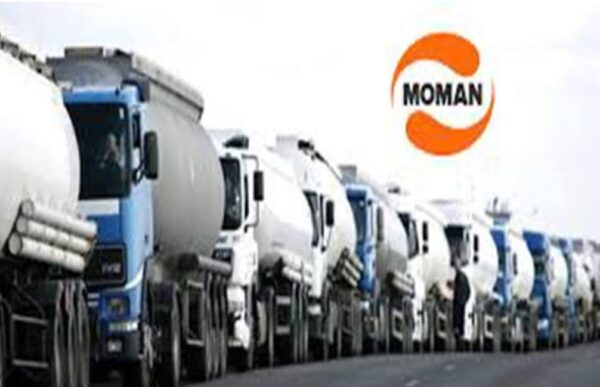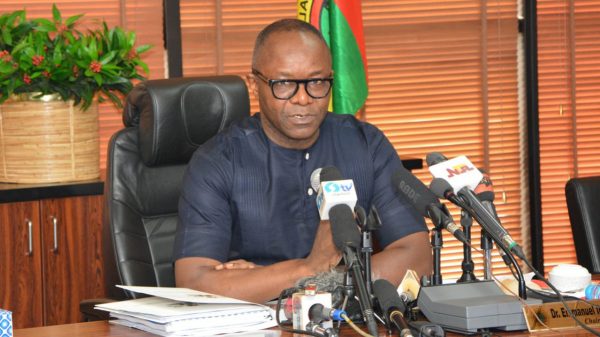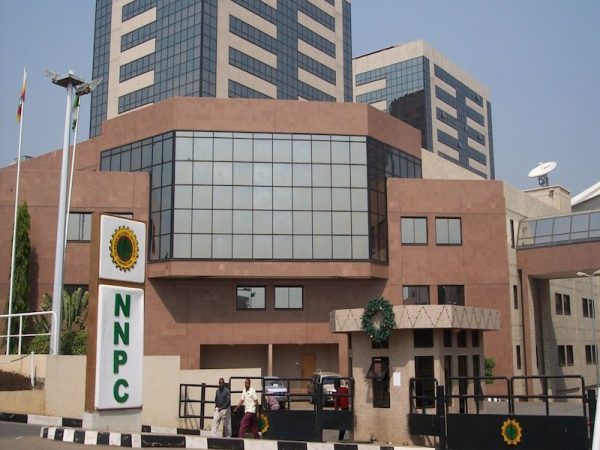Integrated Oil seeks govt support for 20,000bpd refinery

The Chairman, Integrated Oil and Gas Limited, Mr. Emmanuel Iheanacho, has stressed the need for the Federal Government to provide enabling environment for operators to ramp up the nation’s refining capacity.
He said the 20,000 barrels per day refinery being built by his company would help to reduce importation of refined petroleum products into the country.
Iheanacho, who stated this in Lagos at a briefing, said the support being sought from the government included policy framework that would encourage financial institutions to make funds available to indigenous players intending to build modular refineries.“Financial support is one major area we need government’s help, if government realises that there is a need to have a lot of the small-scale refineries to turn around the economy.”
According to him, the construction of the refinery requires an investment of over $100m.
“So we need government to assist modular refinery operators; we are not asking to be given grants and handouts but to be assisted in the process of being able to secure financing in the major finance institutions,’’ Iheanacho said.
He said the company’s $116m proposed refinery would be a reference point in Nigeria when completed.
According to him, the Tomaro refinery sited on a 90-hectare land in Amuwo-Odofin Local Council Area is expected to produce diesel, kerosene, aviation fuel, naphta and fuel oil.
He said the plant would be upgraded to produce Premium Motor Spirit, also known as petrol, as operations progressed.
Iheanacho described full deregulation of the downstream sector as the best option to attract investors.
He said the removal of all hindrances and bottlenecks in the sector was needed for the improvement of private investment and market competitiveness.
The Integrated Oil chairman said, “We should note that there is no provision of subsidy payment in the 2017 budget, which calls for government to fully deregulate the downstream sector to attract investors.
“We need full deregulation of the downstream sector. We do not need partial deregulation. I do not understand the so-called price modulation we are seeing and how it can work because presently, it is not working.
“Government should move from uncertainty to certainty. We have a situation where prices are capped on one hand. Market prices in Nigeria and international market prices are outside the control of our local policy.”







